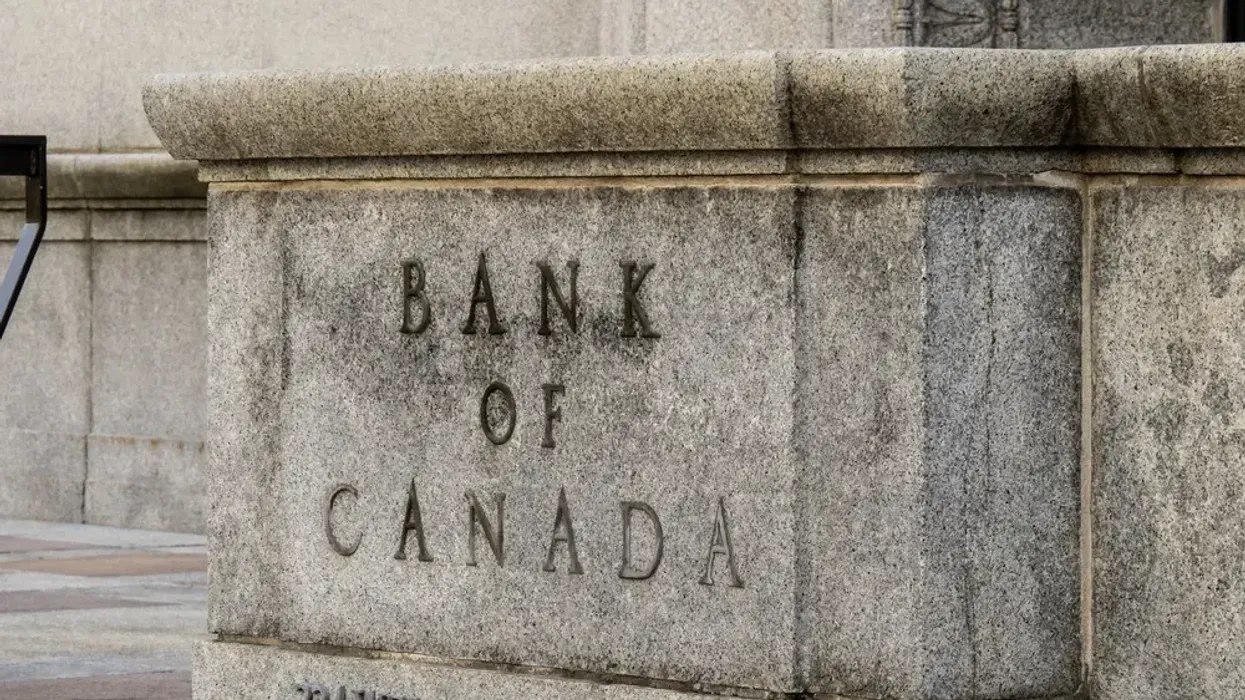The Bank of Canada (BoC) put an end to its rate pause on Wednesday, announcing another 0.25% increase to its policy rate, bringing it up to 4.75%.
This marks the first rate hike since January, and follows two consecutive pauses from the bank as they waited to see how their already-implemented increases worked to tamp down inflation. Going into the rate announcement, experts were uncertain about what to expect, with a recent report from Desjardins calling it “almost a coin flip at this point.”
The rate hikes have certainly been making their way through the economy, with inflation taking several consecutive steps down in recent months. April, however, saw an unexpected increase, with inflation sitting at 4.4%, slightly above March's 4.3% and well above the bank's target rate of 2%. At the same time, GDP growth in the first quarter outpaced forecasts, coming in at 3.1%, further pushing the possibility of today's hike into a fairly ambiguous state.
"Globally, consumer price inflation is coming down, largely reflecting lower energy prices compared to a year ago, but underlying inflation remains stubbornly high," the BoC said in their announcement, later adding, "Based on the accumulation of evidence, Governing Council decided to increase the policy interest rate, reflecting our view that monetary policy was not sufficiently restrictive to bring supply and demand back into balance and return inflation sustainably to the 2% target. Quantitative tightening is complementing the restrictive stance of monetary policy and normalizing the Bank’s balance sheet."
With mortgage holders feeling the sting of higher interest rates, another pause is surely some unwelcome news. A recent poll from the Angus Reid Institute found that almost half (45%) of mortgage holders and over half (54%) of renters are already finding their respective monthly housing payments “tough” or “very difficult to manage.”
In a recent interview with STOREYS, Toronto-based Mortgage Broker Ron Butler said that borrowers with fluctuating variable-rate payments or large home equity line of credit balances will feel the most pain from a rate hike.
“These people feel this stuff instantly,” Butler said. “The next payment, it could be in two weeks it goes up. They feel it right in their pocketbook every single time.”
As for just how much more they’ll be paying, Butler points to the general rule of thumb when it comes to variable rate mortgages: an extra $20 per month for every $100K on a mortgage. On an $800K mortgage, that translates to another $160 per month at a time when most Canadians are already feeling cash-strapped.
“They were all stress tested at 5.25%, by the way,” Butler said. “It’s exceeded the stress test, so people are feeling stressed. There’s no point trying to pretend they’re not.”
Borrowers hoping for relief via a rate cut will likely have to wait until later this year or possibly into 2024, depending on how the country's economic situation plays out.
The BoC said it will "continue to assess the dynamics of core inflation and the outlook for CPI inflation," with a particular focus on "evaluating whether the evolution of excess demand, inflation expectations, wage growth, and corporate pricing behaviour are consistent with achieving the inflation target."





















